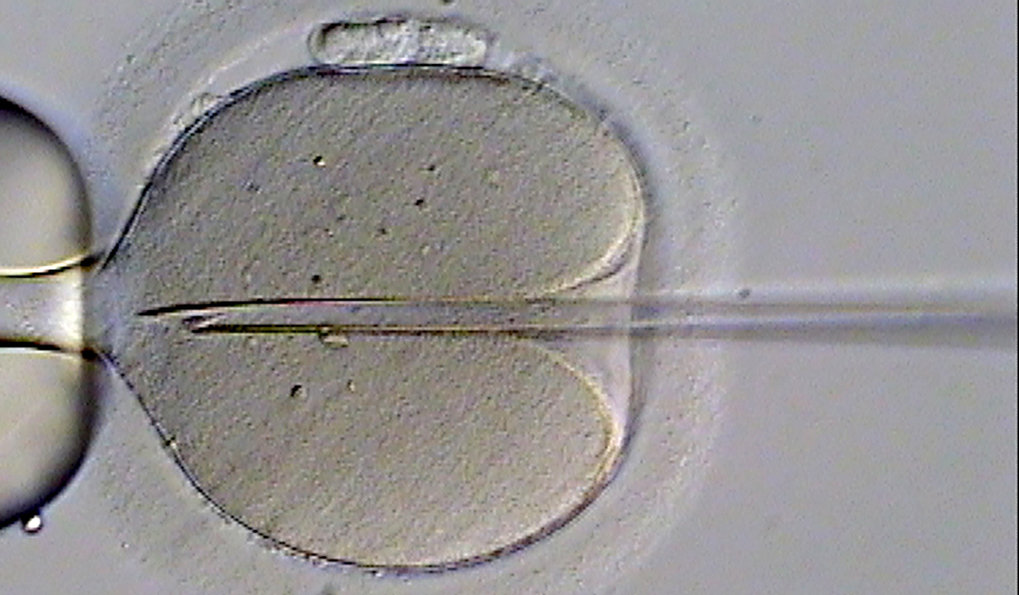Max Planck Society rejects interventions in the human germline
As an organization for basic research, the Max-Planck-Gesellschaft bears a special responsibility for the use of new scientific techniques for the benefit of humans and the environment. The Ethics Council of the Max-Max-Planck-Gesellschaft has therefore prepared a discussion paper on genome editing, which highlights the potentials and risks of this method. In the paper, the Ethics Council concludes that the various applications of technology in plant breeding, medicine, or pest control raise their own ethical questions. These must each be answered individually. For example, the Max-Planck-Gesellschaft is aware of the consequences of hereditary artificial mutations (e.g. those caused by the genome editing of germ line cells). Therefore, for the time being, it will not conduct any research on the genetic modification of germ line cells. The Max-Planck-Gesellschaft will participate in the discussion based on the latest scientific findings as well as in the development of international standards.

In its discussion paper, the Ethics Council of the Max-Planck-Gesellschaft deals with various fields of application and aspects of genome editing. The authors of the individual chapters use the technology for their own research and are thus quite familiar with the potentials and possible safety issues based on their own experience.
In the chapter dealing with the genome editing of plants, Detlef Weigel from the Max Planck Institute for Developmental Biology explains that the technology can produce new plant varieties that are more resistant to herbicides or more tolerant. The discussion paper concludes that genome-edited crops should not be covered by the EU Genetic Engineering Directive if the changes caused by genome-editing cannot be distinguished from natural mutations.
No intervention in human germline
According to Stefan Mundlos and Hans Schöler, technology also has great potential for medicine. The correction of pathogenic mutations in blood cells could, for example, help to cure leukaemia patients. In contrast to the genome editing of such ordinary body cells, the Max-Planck-Gesellschaft rejects the modification of germ line cells under the current conditions. This is because the various safety concerns have not yet been resolved. Furthermore, the health status of patients would have to be monitored over several decades in order to rule out side effects for future generations.
The Ethics Council doubts that a voluntary commitment by the scientific community to suspend germ line experiments until further notice would resolve these issues. Not every scientist would feel bound by such a moratorium. In addition, infringements would hardly be punishable.
Conerns about gene-drive technology
Similarly, the scientific and ethical questions concerning the use of gene-drive technology by means of genome-edited insects are not easy to answer. Although the technology can help control diseases and pests, the lack of propagation control and the lack of a possibility for people living in affected regions to object are problematic.
There are also no national or international laws that could protect against the misuse of research results for genome editing. Silja Vöneky from the University of Freiburg therefore advocates a state supervisory authority or an international committee that can assess risky experiments on as broad a basis as possible.








